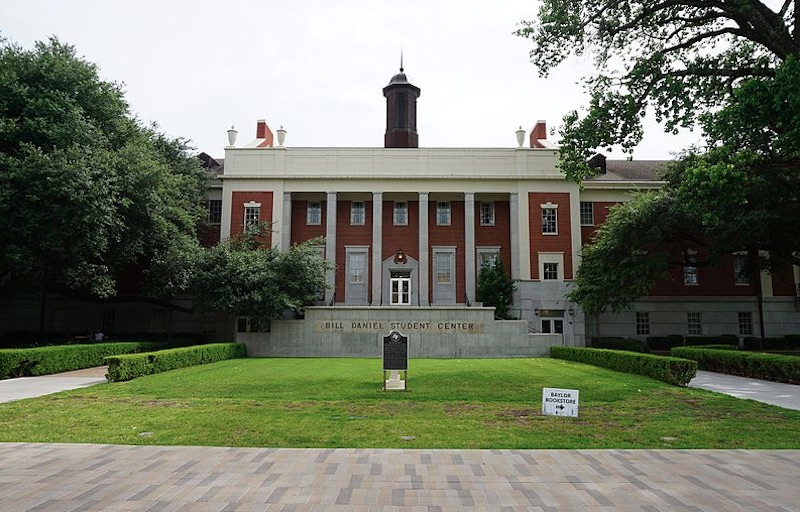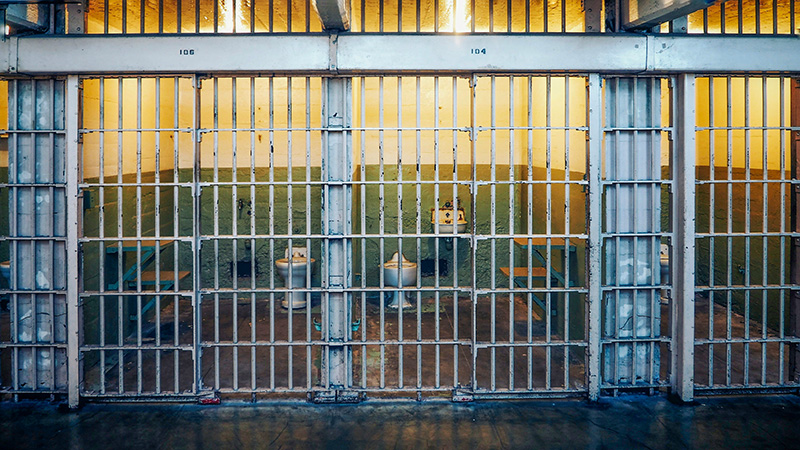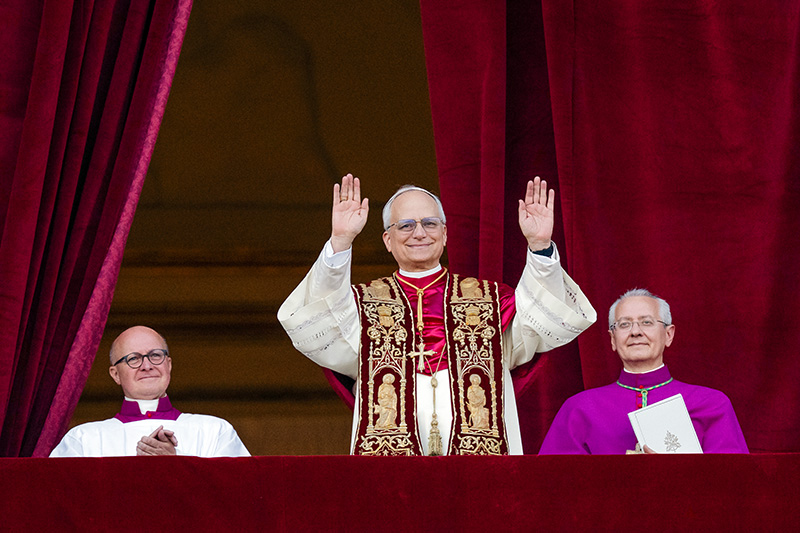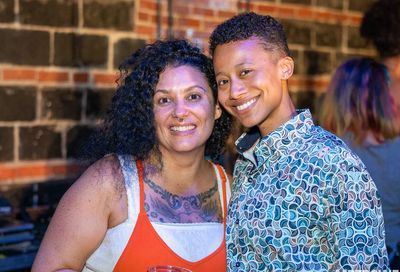Uganda’s President Demands Anti-LGBTQ Bill Be Revised
Yoweri Museveni supports the bill and its penalties, but wants to give some offenders the opportunity for "rehabilitation."

Uganda’s president has refused to sign a hardline anti-LGBTQ bill that imposes the death penalty for some offenses, sending the bill back to parliament for revisions that would allow some of those convicted under the law the chance for “rehabilitation.”
President Yoweri Museveni announced his intentions on Thursday after meeting with ruling party members of parliament, who promised to try to amend the bill to meet Museveni’s specifications.
According to a spokesman for Museveni, the Ugandan president did not take issue with the punishments proposed in the bill, even possible death penalty for “aggravated homosexuality” — a term referring to same-sex relations where one partner has HIV, or a situation in which one of the partners cannot or does not freely consent. However, he did want parliament to look into “the issue of rehabilitation,” reports Al Jazeera.
“[Museveni] told the members that he had no objections to the punishments but on the issue of rehabilitation of the persons who have in the past been engaged in homosexuality but would like to live normal lives again,” spokesman Sandor Walusimbi said on Twitter following the president’s meeting with parliamentary leaders. “It was agreed that the bill goes back to parliament for the issues of rehabilitation to be looked at before he can sign it into law.”
Museveni has 30 days in which to decide to sign the legislation into law, return it to parliament for revisions, or veto it. However, the bill can pass into law without Museveni’s say-so if he returns the bill to parliament two separate times.
Under the bill, individuals or institutions that vocally support LGBTQ rights or fund LGBTQ-related groups or organizations, and media organizations that publish or distribute pro-gay media or literature, can be prosecuted and imprisoned for up to 20 years. So, too, can property owners who allow their properties to be used as a “brothel,” which is defined so vaguely that it could include any gathering space for the LGBTQ community.
Under the proposed bill, a suspect convicted of “attempted aggravated homosexuality” can be imprisoned for up to 14 years and “attempted homosexuality” is punishable by up to 10years in prison. The bill even encourages family and neighbors to inform on individuals believed to be engaging in same-sex relationships or LGBTQ advocacy.
Uganda previously made headlines in 2009 when lawmakers introduced a bill that imposed the death penalty for same-sex relations. The country’s parliament later passed a law in 2014 that imposed life imprisonment for violators, rather than the death penalty, but it was ultimately struck down by the country’s Constitutional Court on a technicality.
While Museveni’s decision to return the bill to parliament is based on a technicality, as opposed to problems with the underlying bill, LGBTQ advocates have demanded that the bill be shelved altogether. However, this is unlikely, given that the original bill was passed almost unanimously, especially after supporters cast the vote as necessary to “protect” children from being preyed upon by LGBTQ individuals.
“This is the reprieve the LGBTIQ community needed,” Clare Byarugaba, an LGBTQ advocate based in Kampala, said in a tweet. “If you have never had an abhorrent state-sanctioned hate bill that is a matter of life and death hanging over your head every waking morning, hold your freedom dear. The struggle continues.”
Adiran Jjuuko, of the Human Rights Awareness and Promotion Forum, was skeptical of the idea that Museveni ultimately might decide not to sign the bill.
“He seems to only want to exclude from punishment persons who come out as gay and seek rehabilitation,” Jjuuko told The Guardian. “This would have the impact of turning some LGBTI persons against others as the one who reports first and plays victim in a consensual relationship would get away scot-free. Secondly, the president seems to have no problem with the vague language around ‘promotion,’ which essentially make any discussions around LGBTIQ to be promotion of homosexuality.”
Amnesty International has called for the bill to be scuttled, arguing that its provisions violate human rights, including the right to dignity, equality before the law, equal protection under the law, and the right to freedom from discrimination.
Museveni has previously railed against LGBTQ people, referring to them as “deviants” and has repeated an oft-repeated trope — common in many African nations — that homosexuality is a practice that has been imported from socially liberal Western cultures in an attempt to undermine traditional family structures. He has also criticized Western nations, including the United States, for attempting to impose their values on Ugandan society.
A group of leading scientists and academics from African and across the world have urged Museveni to veto the bill, arguing that “homosexuality is a normal and natural variation of human sexuality.”
“The science on this subject is crystal clear and we call on you in the strongest possible terms to veto the bill in the name of science,” the scientists wrote in a letter to Museveni. “We cannot think of one major scientific organization — from the World Health Organization to the World Health Assembly and beyond — which would argue against the idea homosexuality is not normal and natural.”
“Being gay is natural and normal, wherever it occurs across the world,” Professor Glenda Gray, the president of the South African Medical Research Council, told The Guardian. “Sexual orientation knows no borders. Despite the rhetoric, homosexuality is not a pernicious western import. If anything, it’s state-sponsored homophobia that’s un-African and against the principles of ubuntu [humanity toward others], not homosexuality.”
Support Metro Weekly’s Journalism
These are challenging times for news organizations. And yet it’s crucial we stay active and provide vital resources and information to both our local readers and the world. So won’t you please take a moment and consider supporting Metro Weekly with a membership? For as little as $5 a month, you can help ensure Metro Weekly magazine and MetroWeekly.com remain free, viable resources as we provide the best, most diverse, culturally-resonant LGBTQ coverage in both the D.C. region and around the world. Memberships come with exclusive perks and discounts, your own personal digital delivery of each week’s magazine (and an archive), access to our Member's Lounge when it launches this fall, and exclusive members-only items like Metro Weekly Membership Mugs and Tote Bags! Check out all our membership levels here and please join us today!




























You must be logged in to post a comment.